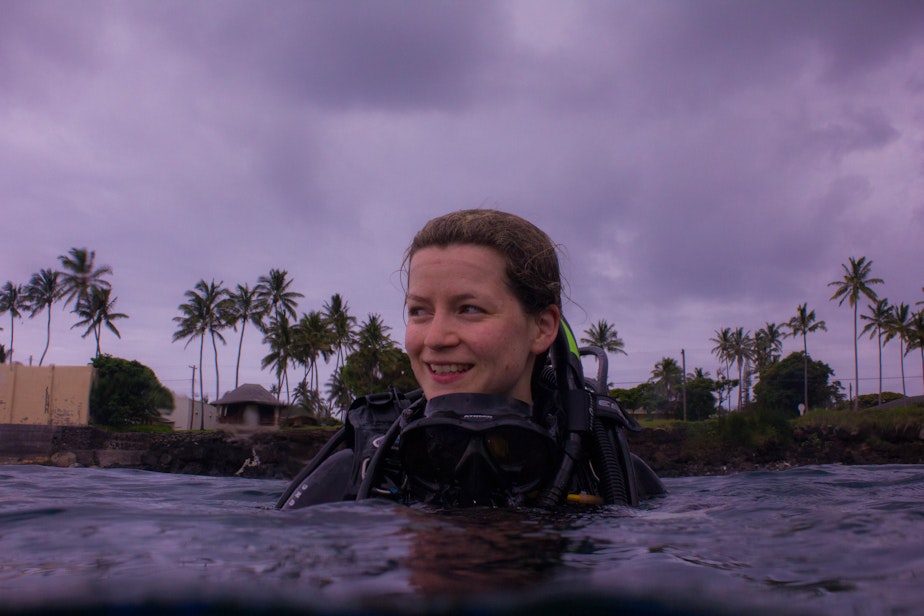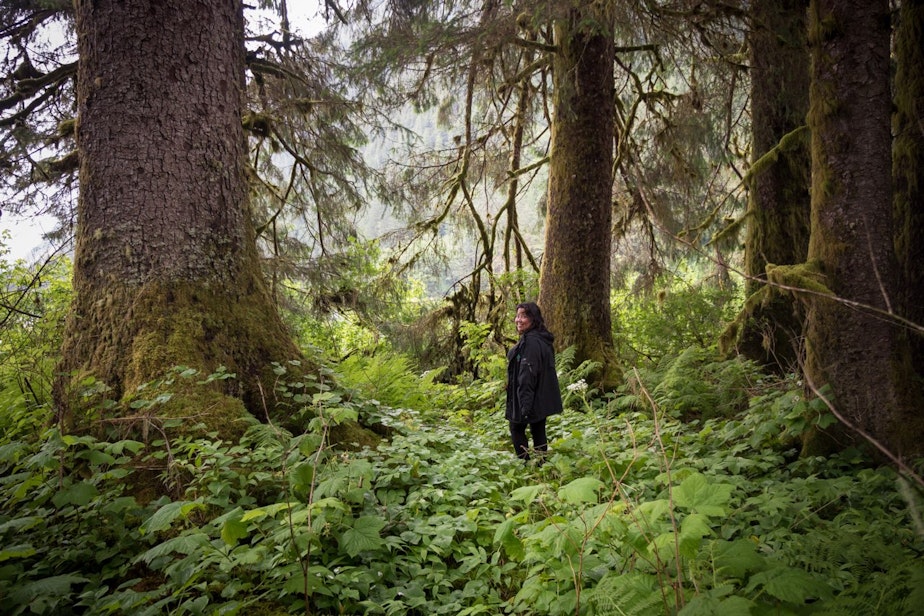Etuaptmumk: Two Eyed Seeing

There’s a way to understand nature through the perspectives of indigenous knowledge and western science side by side. It’s a concept known as “two-eyed seeing.”
"Etuaptmumk" or two-eyed seeing is a term first used by Mi’kmaw elder Dr. Albert Marshall. It is a way to understand wildlife and nature from the perspective of both western science and indigenous knowledge. Indigenous knowledge refers to understanding and skills built up by a group of people through generations of living closely with nature.
"It's this principle of learning to see from one eye with the strength of Indigenous knowledges and ways of knowing and from the other eye with the strength of western knowledges and ways of knowing, and learning to use both of these eyes together for the benefit of all," said Dr. Andrea Reid, who leads the Centre for Indigenous Fisheries at the University of British Columbia.
The idea behind the concept is that we will do a far better job of being stewards of the environment if we take together all the tools that are available to us, and all of the ways of “knowing” that are available to us.
Dr. Reid believes that two-eyed seeing is a way to decolonize western science. In some ways this new collaborative, two-eyed seeing approach to understanding the environment is just beginning. It is changing how researchers work with first nations communities in British Columbia.

Sponsored
"We've never had a conversation to shape the agenda without researchers arriving with an agenda shoved down someone's throat and to force upon someone and just maybe go ahead with work and ask for permission later," Dr. Reid explained. "And the way that we're moving through this is responding to community needs and interests that are being shaped by our partners. And think that profoundly is disrupting the status quo of science."
THE WILD is a production of KUOW in Seattle in partnership with Chris Morgan Wildlife and Wildlife Media. It is produced by Matt Martin and edited by Jim Gates. It is hosted, produced and written by Chris Morgan. Fact checking by Apryle Craig. Our theme music is by Michael Parker.
Follow us on Instagram (@thewildpod) for more adventures and behind the scenes action!





